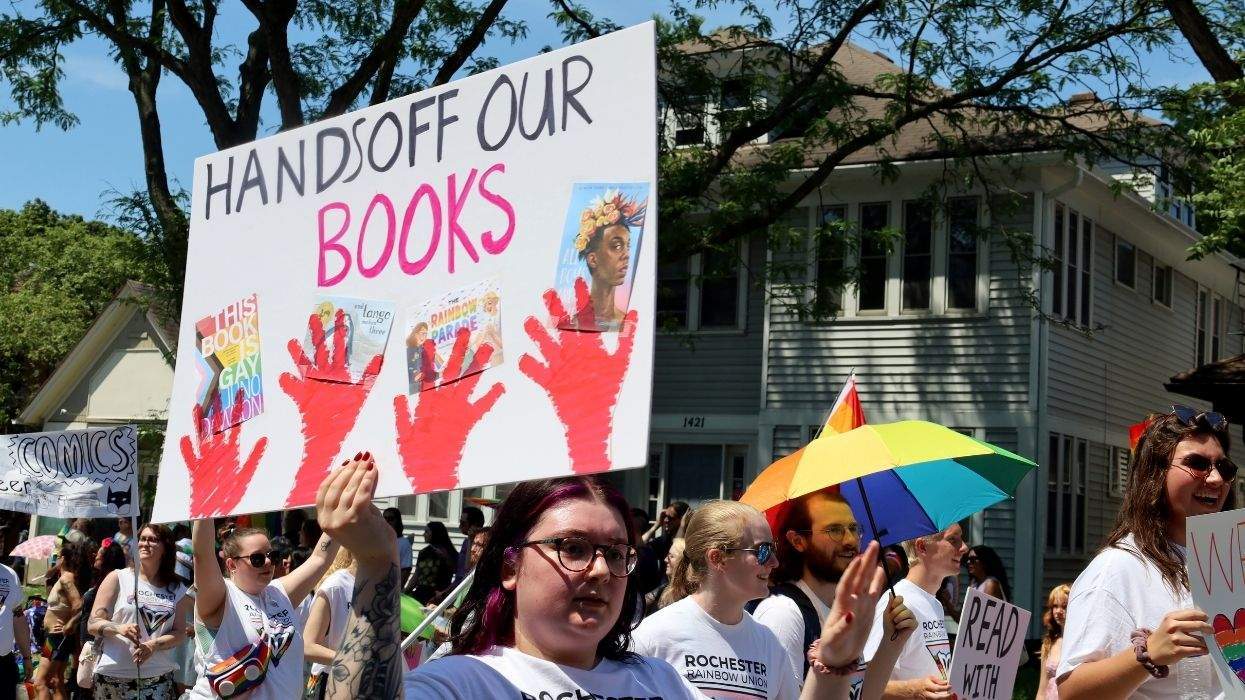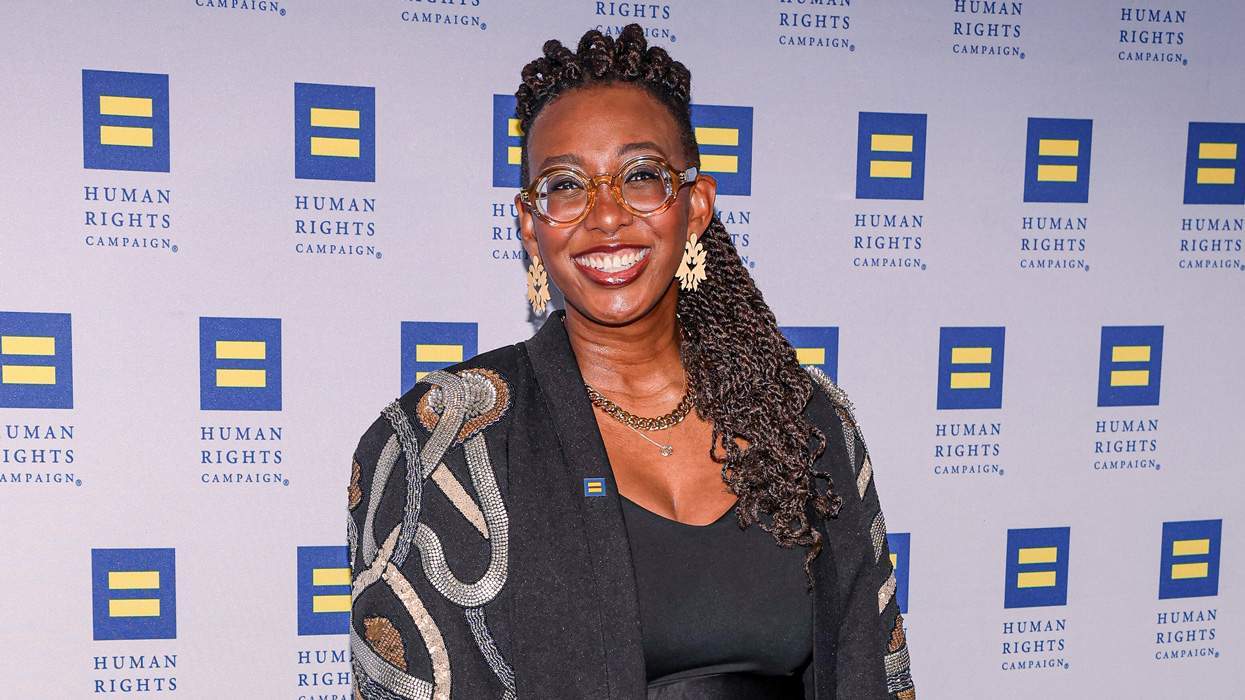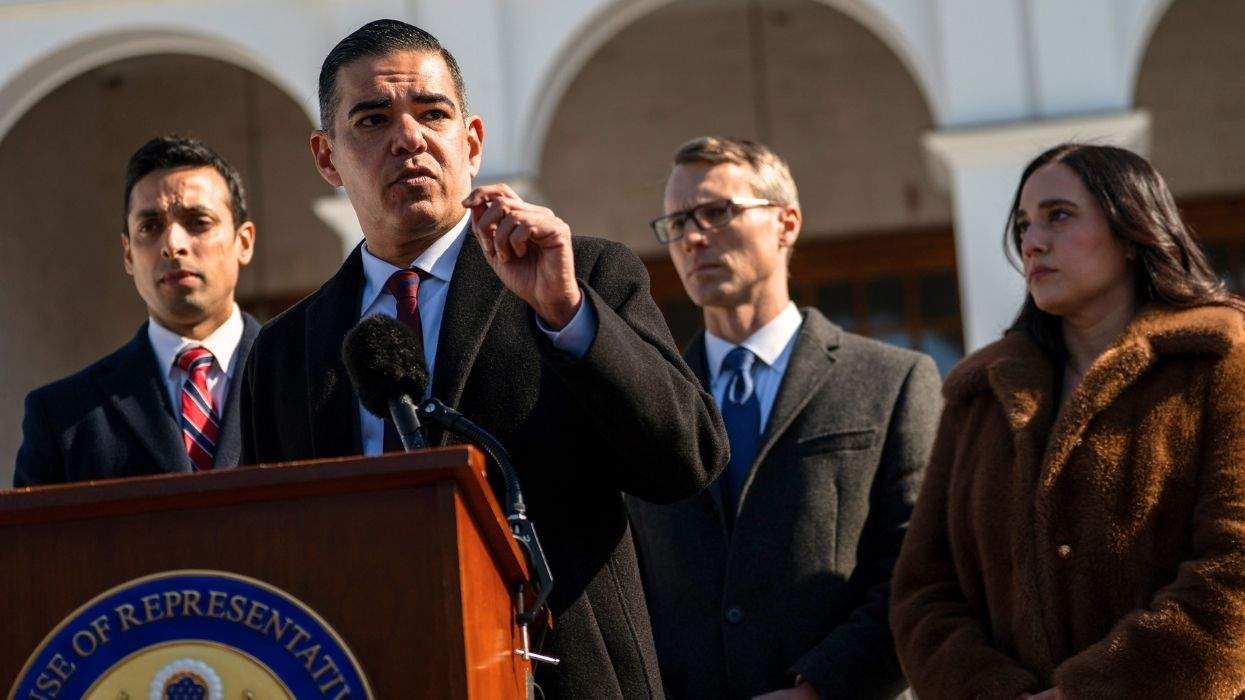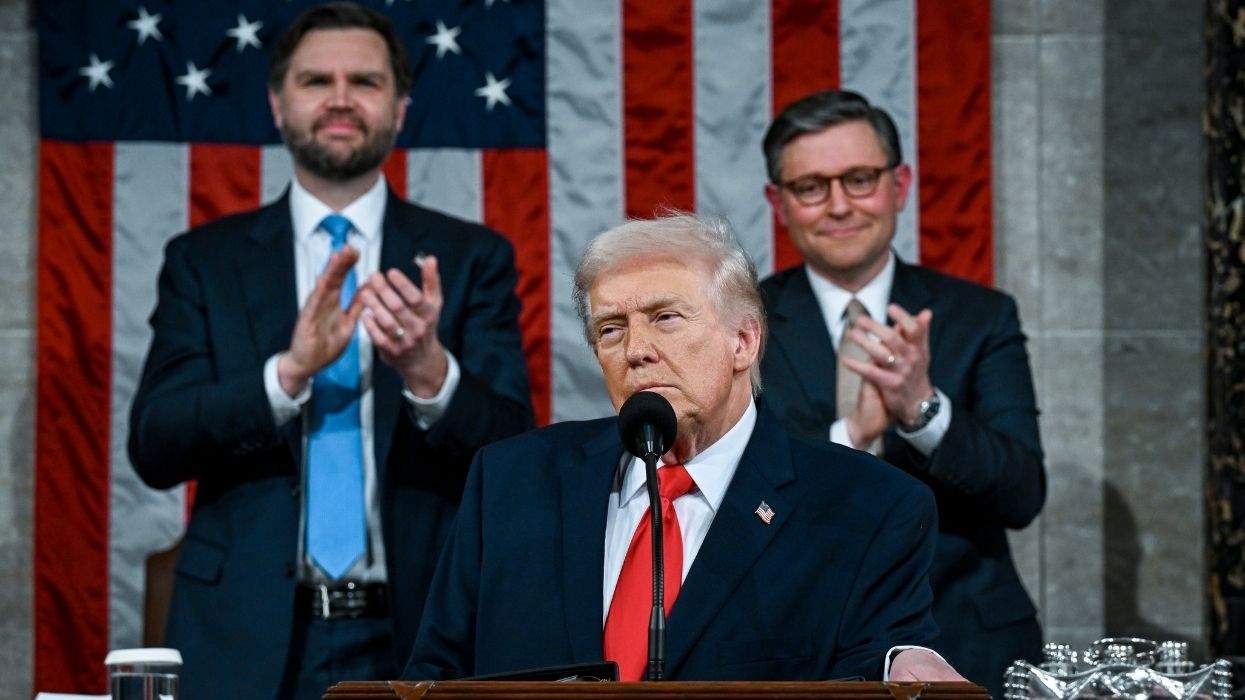There comes a point in Dan Brown's bestselling thriller Angels and Demons, in which its protagonist, Professor Robert Langdon, in response to being queried about his faith, proclaims he is not anti-Catholic "just anti-vandalism" - in reference to a 17th century Pope's desecration of male statuary whose phalluses were chiseled away in an act of prudery gone wild.
For some reason, this reference struck me only weeks after participating in a conference on HIV/AIDS prevention and care hosted last month by the Vatican's Pontifical Council for Health Care Workers. As a former Catholic (now Episcopalian), I struggled at many points during this two-day conference to ensure my words and deeds did not seem anti-Catholic.
The Roman Catholic Church's doctrine of intolerance related to condoms and homosexuality, not to mention its promulgation of a patriarchal society that leaves women powerless and vulnerable, are determinants of HIV's spread worldwide, but especially in parts of the world with low health literacy. So, like Professor Langdon, mine was a message of solidarity in our global fight against disease, but clear in an anti-harm position.
As with Professor Langdon's re-education in the importance of faith and doctrine, the 100 or so participants of what was billed an "international study conference" were presented with back-to-back lectures showing that regardless of moral arguments over an individual's use of a condom to prevent disease, the Vatican still judges condom promotion a failure in the battle against HIV/AIDS. And at least three clerics - among them the president of the Pontifical Council for Health Care Workers - aggressively promoted their belief that the "abandonment of homosexuality" is HIV prevention.
As a gay man, and one who has come of age during the 30-year history of the global HIV pandemic, I joined several progressive conference participants in reminding others of our mutual responsibilities to respect the human dignity of each person. We must also hold each other harmless from violence, including the violence caused by HIV at the cellular and biological levels, and the emotional and spiritual violence embodied in the intolerance and ensuing stigmatization suffered by those individuals society classifies as "other" - which demeans their existence and facilitates self-destructive behavior.
Today is National HIV Testing Day, an occasion for focusing on knowing one's status and, if negative, remaining so; if positive, linking to treatment (which as a recent scientific breakthrough proves, is HIV prevention). Stigma, heterosexism, denial, and discrimination against gay men continue to fuel this global health crisis, mirroring much of what occurred at the dawn of the AIDS era 30 years ago. They fuel not only a deep HIV crisis, but also numerous other health crises among gay men, including high rates of other sexually transmitted infections; high rates of anxiety, depression, and mental health problems; high rates of substance and alcohol abuse; and a number of concomitant health concerns.
Before anyone can understand this reality, one must see a larger context of social exclusion and marginalization. Despite nearly three decades of advocacy on the part of gay communities around the world for appropriate legal rights and health care services, including HIV prevention and care, in most parts of the world gay men still have little or no access to either HIV services or gay-oriented general health services.
Action to improve gay men's health and the availability of appropriate health care are human rights imperatives. Any institution that values human rights should value these imperatives.
But despite Pope Benedict XVI's seemingly pro-condom statement last year, it went notably unmentioned by any Vatican-affiliated speaker at this conference. In the face of blatant Vatican opposition to the use of condoms, my colleagues and I admitted that we cannot deny changing behavior is an important way to prevent HIV and other sexually transmitted diseases. Still, we encouraged an acknowledgement of all the other means of preventing HIV transmission. That means encouraging the use of condoms as safe, effective barriers to HIV transmission - absent of any moral valuation, other than their ability to save lives.
While in technical terms, research proving the preventive efficacy of condom use is not in the same scientific league as, say, heliocentrism (the astronomical model in which the Earth and planets revolve around a stationary Sun; vehemently opposed by Pope Urban VIII), acknowledging its truth and adapting policy can certainly save millions more lives than any of Galileo's theories. Students of history are fully aware of how long such revolutionary changes in doctrine take to enact, much less their official recognition, as in the case of the Roman Catholic Church's evolving attitude toward Galileo. With the fate of millions of lives hanging in the balance, though, vulnerable populations worldwide cannot afford to wait three and a half centuries for a doctrinal shift about the propriety of condom use.
I wish that, similar to the tidy conclusion with which Angels and Demons ends, I could close the chapter on this experience in my life with equal tidiness. I cannot. But I cling to hope for a future in which the centrality of each and every person is the motivation for our mutual efforts to eradicate HIV - including those spearheaded by the Roman Catholic Church.
Am I naive to be hopeful when 30 years is merely a drop in the ocean of time it takes the Vatican to adjust to the realities of its followers' day-to-day lives? To quote Professor Langdon: "No, no, not naive. Innocent maybe, but that is not a crime."
Joe (Jose) Zuniga is President of the International Association of Physicians in AIDS Care (IAPAC).















